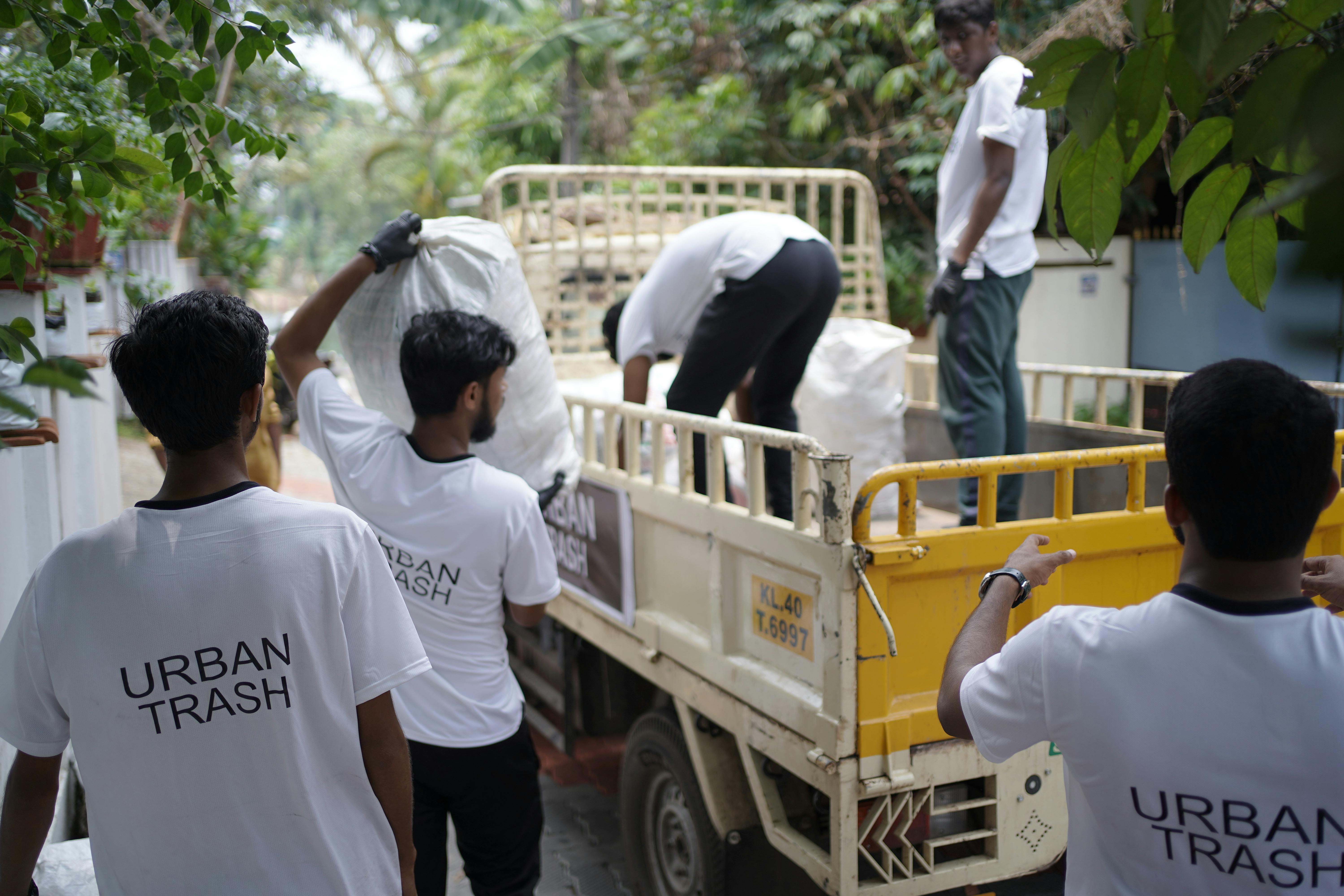 How to Choose the Best Waste Management System
How to Choose the Best Waste Management System
Waste management is an important part of any business. It’s important to choose the right system for your business to ensure that your waste is disposed of in a way that is both safe and sustainable. In this blog post, we’ll take a look at what you should consider when choosing a waste management system.
What Is Waste Management?
Waste management is the process of collecting, transporting, processing, and disposing of waste in a safe and effective manner. It involves finding ways to reduce, reuse, and recycle materials, as well as disposing of them in a way that prevents harm to the environment.
Why Is Waste Management Important?
Waste management is important for a variety of reasons. It helps to reduce the amount of waste that is sent to landfills, which in turn helps to protect the environment. It also helps to reduce the amount of pollution that is caused by burning or burying waste, and it can help to conserve the resources that are used to produce new products.
What Should You Consider When Choosing a Waste Management System?
When choosing a waste management system, there are a few key factors to consider.
• Type of Waste: The type of waste you need to manage will determine the type of system you need. Different types of systems are designed to manage different types of waste, such as household waste, hazardous waste, or medical waste.
• Cost: The cost of the system will vary depending on the type and amount of waste you need to manage. You should also consider the long-term costs of running and maintaining the system.
• Sustainability: Look for a system that is designed to reduce the amount of waste going to landfills. This can be done by improving the efficiency of the waste management system, reducing the amount of energy used in the process, and finding ways to reuse and recycle materials.
• Location: The location of the system is important as it will have an impact on the amount of noise and air pollution that is created by the system. Look for a system that is located away from residential areas, schools, and other sensitive locations.
• Regulatory Compliance: Make sure that the system meets all environmental and health regulations. This will help to ensure that the waste is managed in a safe and responsible manner.
• Durability: Look for a system that is designed to last and is made from durable materials. This will help to reduce the amount of maintenance and repairs that are needed.
What Are the Benefits of Choosing a Waste Management System?
There are many benefits of choosing a waste management system. These include:
• Reducing waste sent to landfills – By reducing the amount of waste sent to landfills, you can help to protect the environment.
• Reducing the amount of pollution caused by burning or burying waste – By reducing the amount of pollution caused by burning or burying waste, you can help to protect public health.
• Conserving resources – By recycling materials and finding ways to reuse them, you can help to reduce the amount of resources that are needed to produce new products.
• Improving efficiency – A well-designed waste management system can help to reduce the amount of time and energy needed to dispose of waste.
• Minimising costs – By reducing the amount of waste generated, you can reduce the overall cost of managing your waste.
• Meeting regulatory requirements – By ensuring that the system meets all environmental and health regulations, you can help to protect public health and safety.
What Are the Different Types of Waste Management Systems?
There are a few different types of waste management systems available. These include:
• Composting – Composting is a form of waste management that involves breaking down organic matter (such as plant materials, food scraps, and yard waste) into a nutrient-rich soil amendment.
• Recycling – Recycling is a form of waste management that involves collecting and processing materials for reuse. Common materials that can be recycled include paper, plastic, glass, and metal.
• Waste-to-Energy – Waste-to-energy (WTE) is a form of waste management that involves extracting energy from waste materials. This can be done by burning the materials or by converting them into a fuel source.
• Landfills – Landfills are a form of waste management that involves burying waste materials in a controlled environment. They are designed to contain and manage waste in a way that minimises environmental damage.
• Incineration – Incineration is a form of waste management that involves burning waste materials in a controlled environment. It can be used to reduce the amount of waste sent to landfills and to produce energy from waste materials.
Conclusion
Choosing the right waste management system for your business can help to reduce the amount of waste sent to landfills, reduce the amount of pollution caused by burning or burying waste, and conserve resources. When choosing a system, make sure to consider the type of waste you need to manage, the cost, sustainability, location, regulatory compliance, and durability. There are a few different types of waste management systems available, including composting, recycling, waste-to-energy, landfills, and incineration. By choosing the right system for your business, you can help to protect the environment and reduce costs.
At Midland Toilet Hire, we offer a wide range of waste management solutions to suit any business. Our experienced team can help you to choose the right system for your needs and ensure that your waste is managed in a safe and sustainable manner. Contact us today to learn more about our waste management services.
